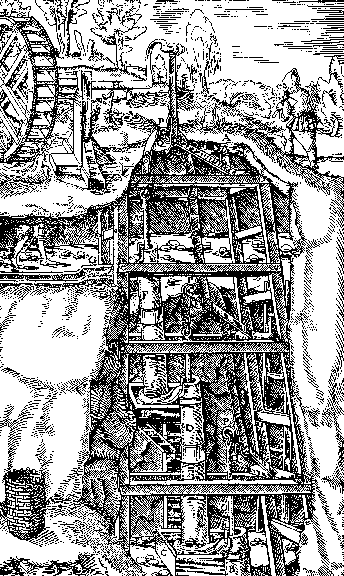Posted with permission of the American Academy of Optometry:
S. Christianson and H. W. Hofstetter,
"Some Historical Notes on Carl Pulfrich",
American Journal of Optometry and Archives of the American Academy of Optometry,
vol. 49, pages 944 - 947.
Copyright (c) The American Academy of Optometry
1972.

Note: The authors report that Pulfrich attributed his cataract in one
eye, and therefore his loss of stereoscopic vision, to an injury received
while he was young. They raise the question of how, then, was he able to
retain stereoscopic vision until his forties? One explanation might be that,
as it happens, the onset of cataract may be delayed considerably, even
over many years, following trauma or other serious insult to the eye.
Also, stereoscopic vision may be possible when vision in one eye is
considerably degraded -- as it is, for example, by holding a dark glass
before one eye!
Pulfrich's 1992 series of articles, in German, may be found elsewhere at this site.
Back to Pulfrich Effect Home. University Privacy Policy
The Pulfrich Effect, SIU-C. Last updated 2000-07-06